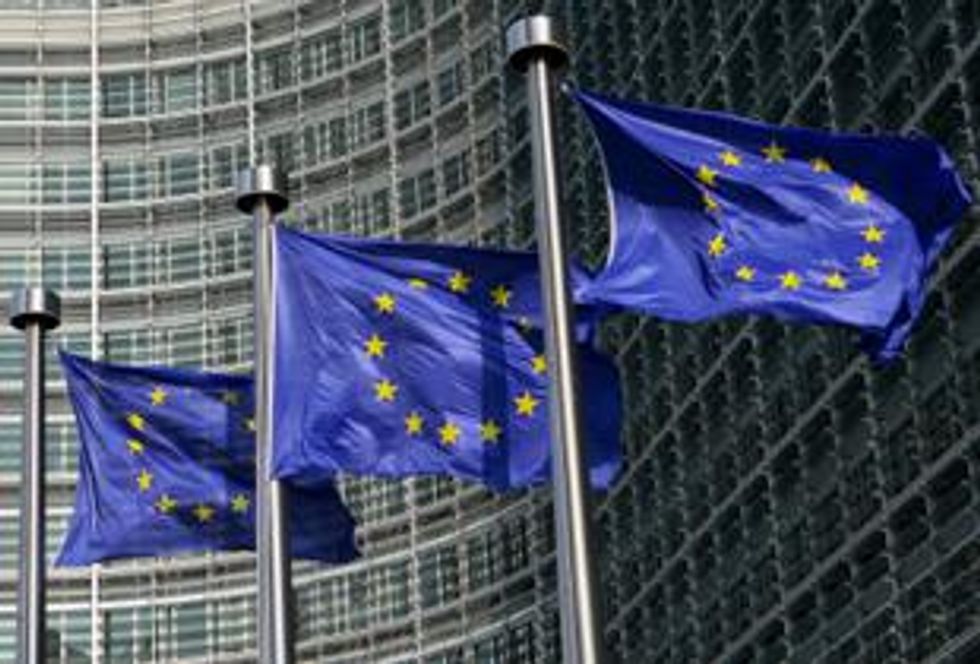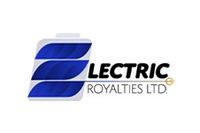The European Commission recently announced a plan to secure the continent’s supply of cobalt and other natural resources, with the aim of reducing the EU’s dependence on imports.
The European Commission recently announced a plan to secure the continent’s supply of cobalt and other natural resources, with the aim of reducing the EU’s dependence on imports.
“In order to secure supply of raw materials for the European industry for coming years, we need to link this policy with our reforms of the regulatory framework for financial markets,” said Commission President José Manuel Barroso on Wednesday.
The Commission has now agreed to update the list of crucial raw materials at least every three years, instead of five years as previously decided.
The Commission identified 14 crucial materials including cobalt and other “high-tech” metals, but also natural rubber, woods and even foodstuffs like grains. The major countries which are involved in the global trade are Russia, Republic of China, Brazil and Democratic Republic of Congo. One of Europe’s current main suppliers of the cobalt needed to produce batteries is the war-torn Democratic Republic of Congo (DRC). Europe is 100 percent reliant on foreign suppliers for cobalt, of which 71 percent originates from the DRC. Most of the world’s rare earth elements, and other elements like indium – in high demand for use in flat screen televisions and computer monitors – are mined in China, which recently cut its export quotas.
A report published by the Commission entitled The Raw Materials Initiative — Meeting our Critical Needs for Growth and Jobs in Europe states that “though often needed only in tiny quantities, these metals are increasingly essential to the development of technologically sophisticated products in view of the growing number of their functionalities. The EU will not master the shift towards sustainable production and environmental-friendly products without such high tech metals. These metals play a critical role in the development of innovative ‘environmental technologies’ for boosting energy efficiency and reducing greenhouse gas emissions.”
The report also addressed concerns over securing supplies of cobalt in the future, as “emerging economies” like China and India have increased their engagement in mineral-rich countries like the DRC in recent years, with the goal of supplying their increasing demand for cobalt.
Moving forward, the Commission recommends a raw materials strategy that ensures continued access to cobalt through maintaining positive relations with international suppliers, fostering European-based supplies, and promoting initiatives to recycle and reduce consumption.
A geographically closer source for cobalt is the Russian Federation, but the mineral is so rare that since 2008, Russian law doesn’t allow foreigners to dig it out of the ground, sell it or export it without special permission. Russian mining giant Norilsk Nickel (PINK:NILSY) currently controls close to 95 percent of domestic cobalt production.
Belgium-based Tesla Motors Inc. (NASDAQ:TSLA) recently garnered attention for launching its initiative to refine cobalt from recycled used battery packs, then transforming the cobalt into high-grade lithium cobalt oxide, which can be resold to battery manufacturers.


